
views
When It Is Happening

Recognise the symptoms of fainting. These include Dizziness, blurry vision, fuzzy hearing or ringing in ears, feeling hot, feeling sick, upset stomach, sweating, tiredness, tingling hands, hyperventilation, tunnel vision, unsteadiness and fear.
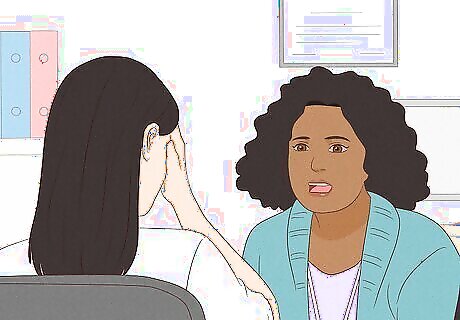
If you begin to experience any of these, tell your teacher or another adult near by. Alternatively, let a friend know and let them get you help.
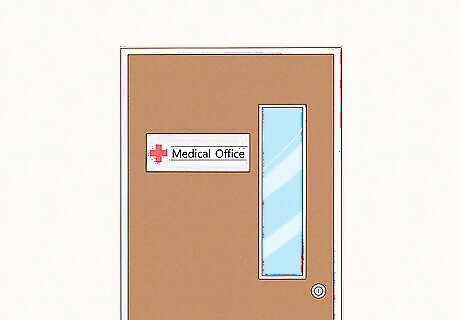
Your teacher should send you to the medical room, office or nurse, (depends on the school). Make sure, if your teacher doesn't send someone with you, that you ask. This applies, especially, if you have to climb or go down stairs on your way. If you fainted on the stairs, you could seriously hurt yourself
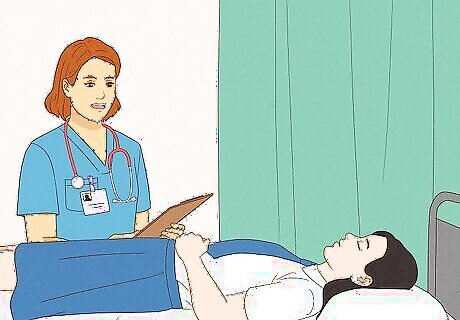
When you arrive at the nurse, don't feel embarrassed to answer her questions. The first thing she'll probably do is lie you flat. It may feel strange, but she's seen this before. Answer any questions she has honestly and don't lie. Example: If she asks you if you had breakfast and you didn't, don't say you did so she doesn't lecture you.
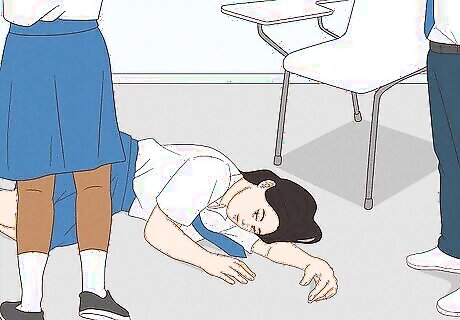
In the event of you actually fainting in class, don't get upset. If other kids stare at you, don't feel embarrassed. You can deal with that later. In the meantime, think about them in your position.

You will probably get sent home. If you do, and your parents ask questions, answer them honestly.
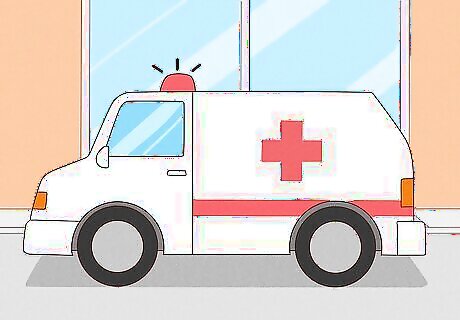
In the event you hurt yourself or your faint warrants a hospital visit in an ambulance, don't worry. Other kids will most likely be concerned for your health than anything else. Again, think of them in your position.
The Embarrassment Of The Aftermath

Return to school as soon as possible. Although it may be best for you if you have 1 or 2 days off to recover, it can also be difficult to return to the embarrassment. As soon as your physically able, not before, return to school.
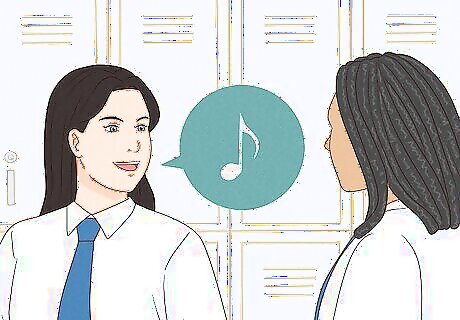
Change the subject if your faint comes up in conversation. Just say, "Ok, can we talk about, (insert interesting thing), now? This can really help to distract people from what happened to you.
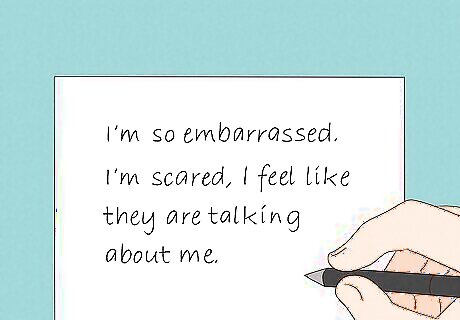
Write your feelings down. It may help if you jot your feelings down on paper, in a diary, etc. Then, try to solve them. If you feel embarrassed, think about these people you have to face in your position. Imagine them flat on the floor with their eyes rolled back in their head, looking very scary. If you feel scared about future fainting, consider when you fainted. If you fainted in a hot classroom, if you feel hot, ask to open a window. Don't be afraid to ask. If you fainted in the halls during the change of periods, consider waiting back a few seconds to miss the main crowd. Unless this will make you late for your class. What ever your negative feeling may be, come up with a solution to it.
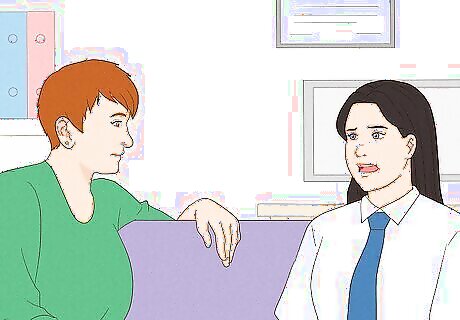
If you feel extremely embarrassed about this, talk to your parents, a teacher, a counselor, or someone else you trust. If people are still talking about it after a month or so, this may be a good idea anyway. If your friends embarrass you about it, you might want to reconsider this friendship. If they embarrass you, maybe they aren't good friends.

If fainting is a regular event for you, visit a doctor. Just to check.














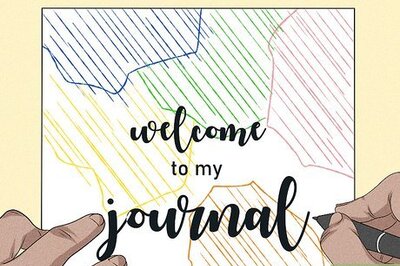





Comments
0 comment